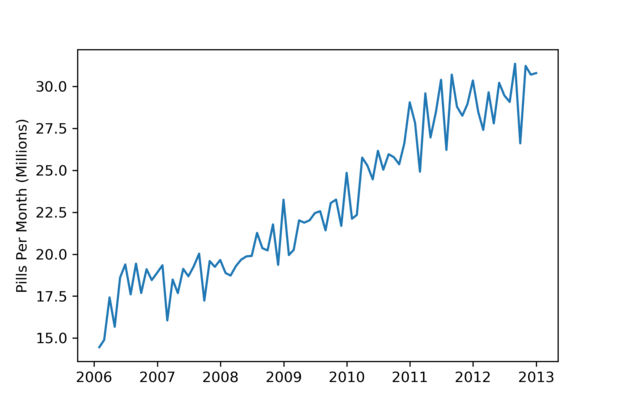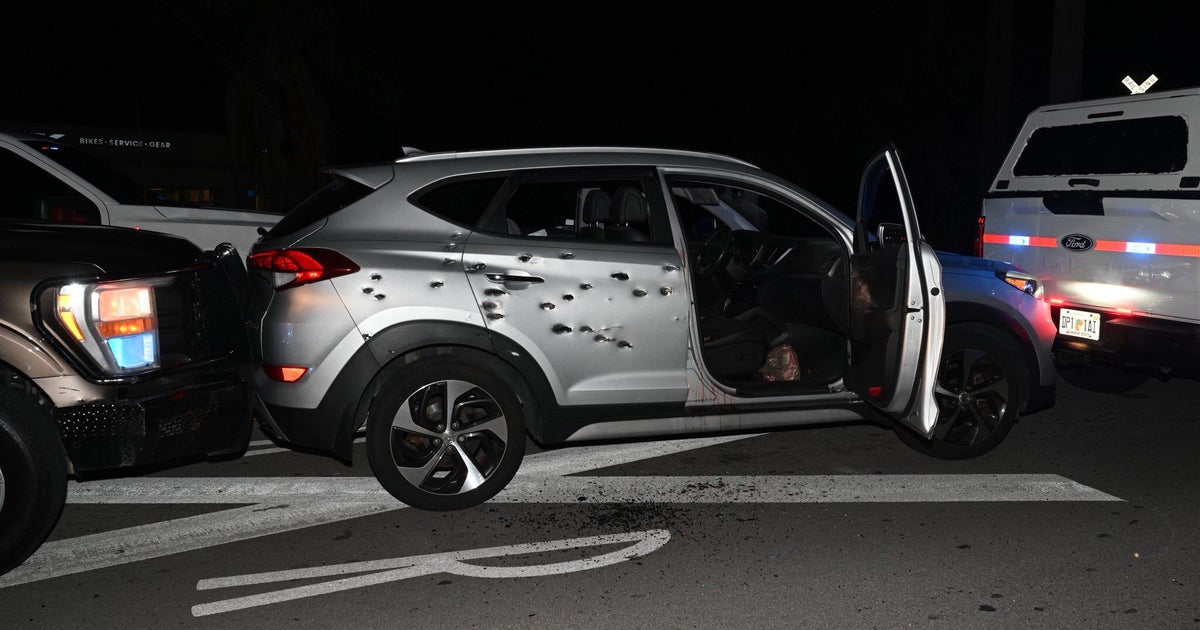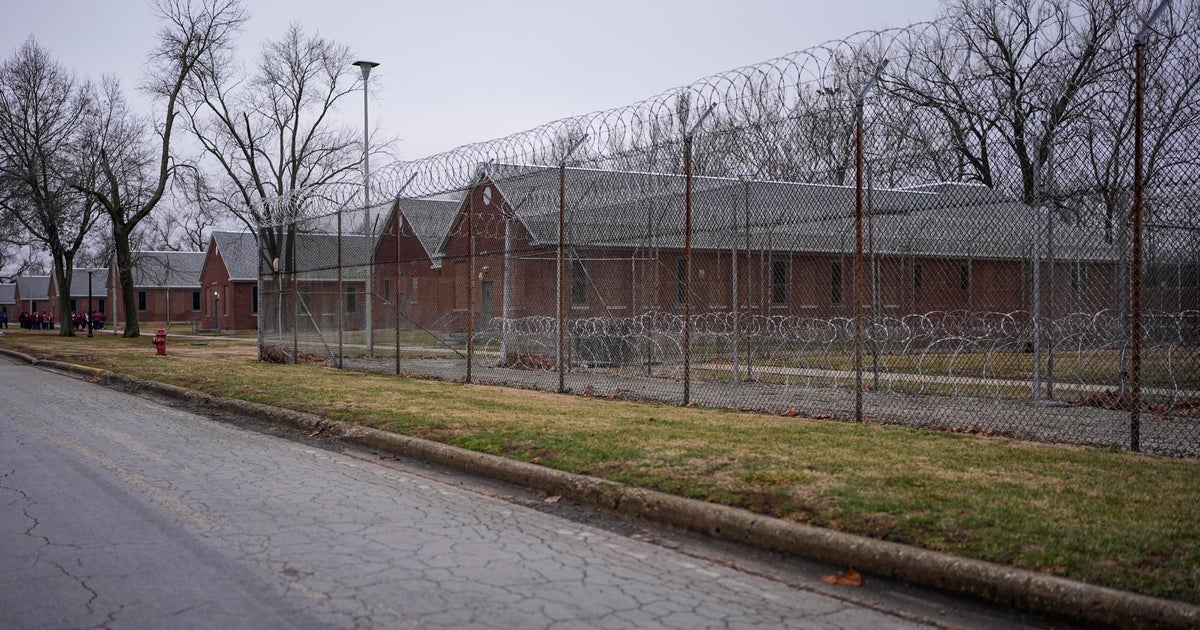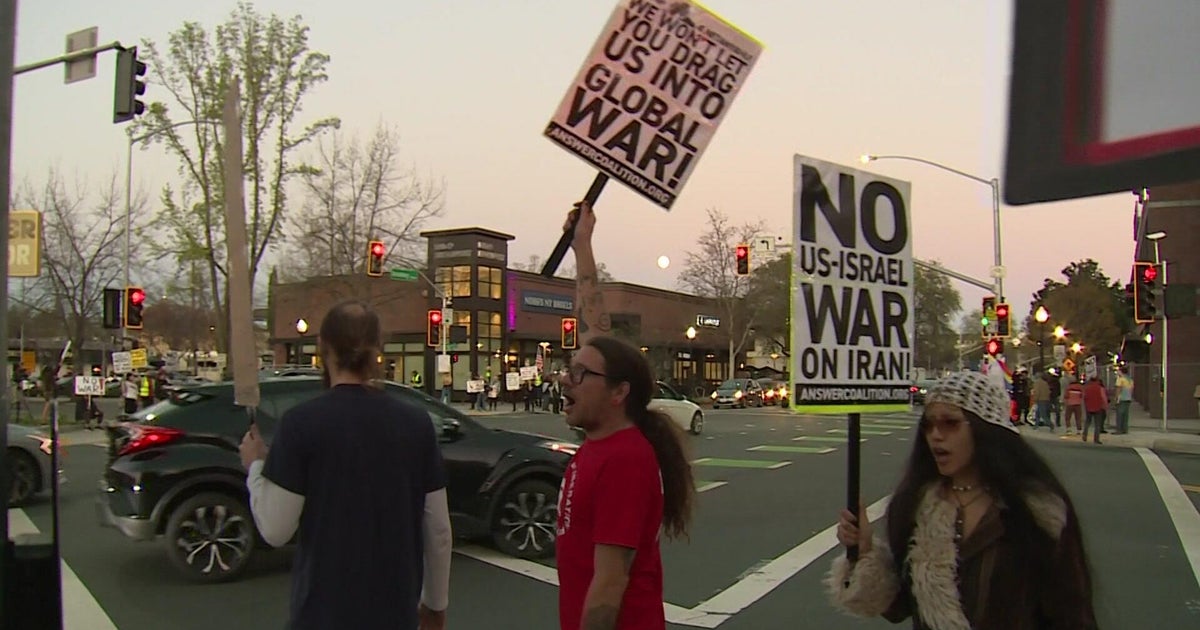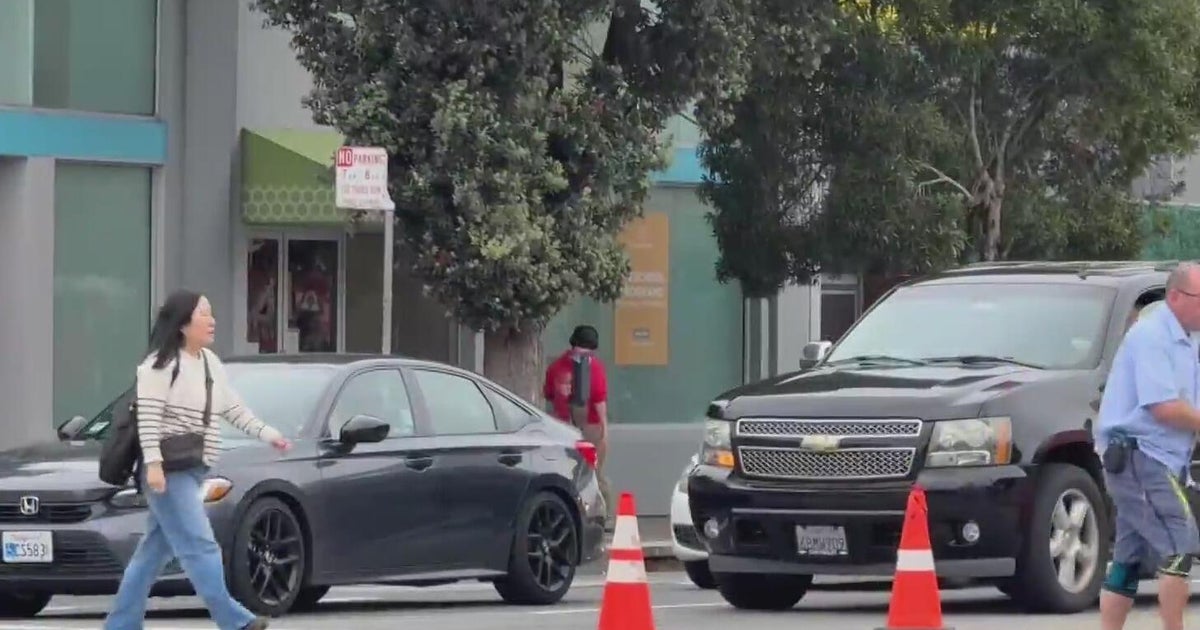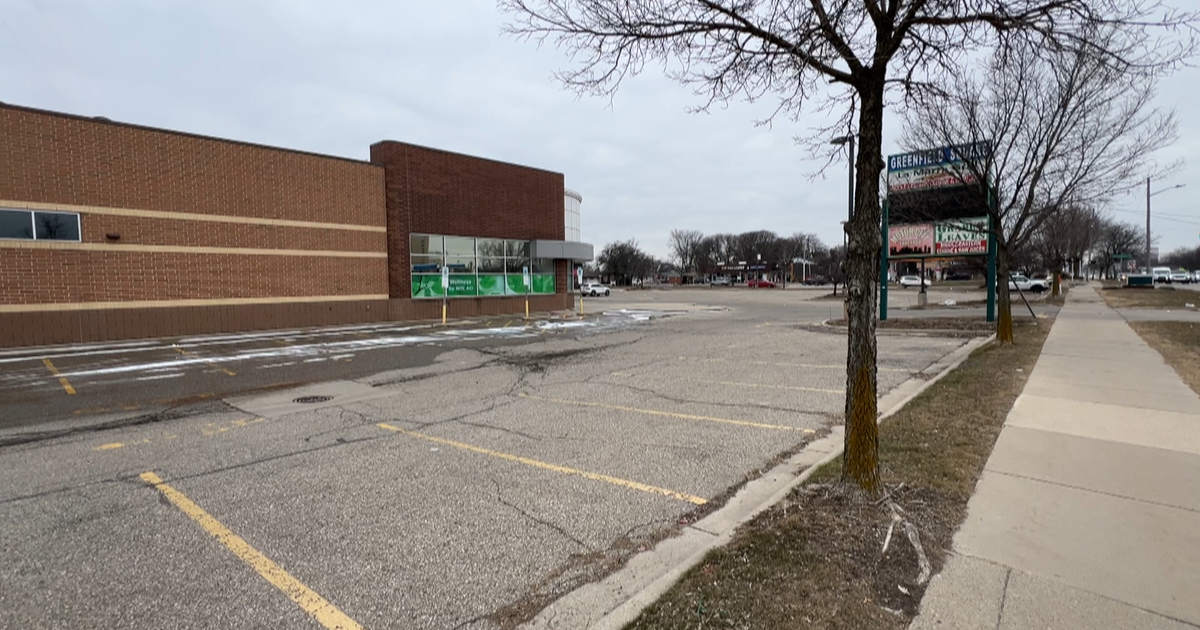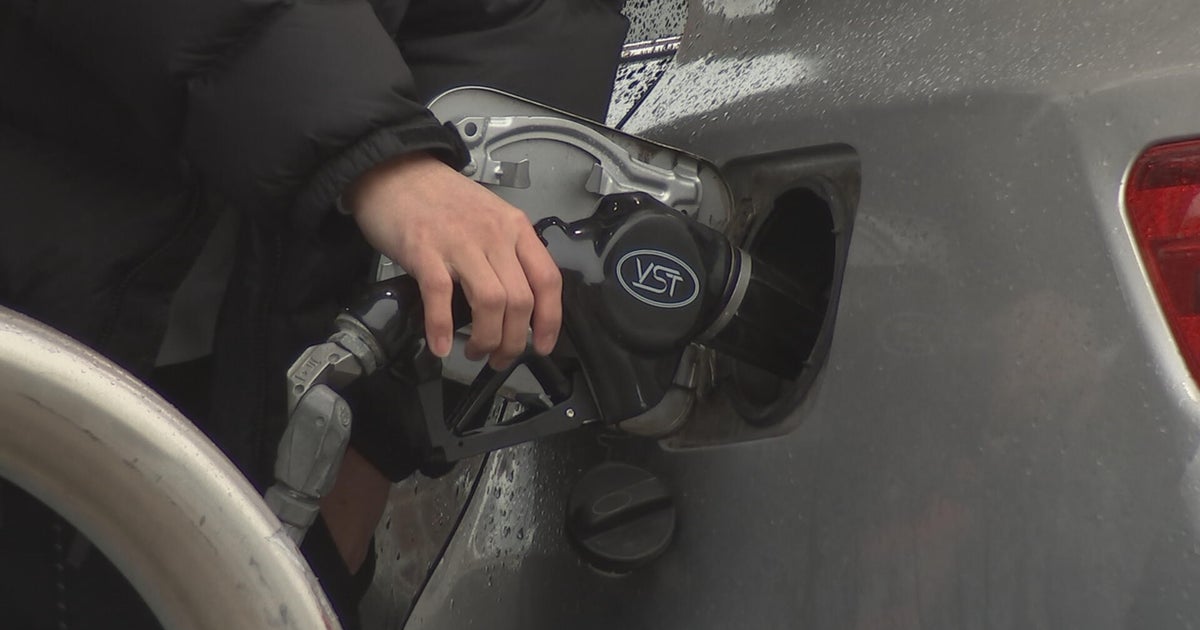Nearly 2 Billion Opioid Pills Flowed Into Illinois, Data Shows
CHICAGO (CBS) -- Close to 2 billion prescription painkillers were distributed to Illinois between 2006 and 2012, according to new data released by The Washington Post.
Yes, billion — enough for nearly 180 pills for every single person in the state.
The data, which chronicles the purchase of each opioid pain pill during those years, offers new insights into how the addictive medications filled communities across Illinois and nationwide. Maintained by the Drug Enforcement Agency (DEA), it shows the number of doses purchased by distributors and retail pharmacies, as well as detailed information about the type of medication used.
In Chicago, the nation's third-largest city, more than 218 million pills were distributed. But no corner of Illinois was spared, the data shows. From Chicago to tiny communities interspersed between miles of rural land, millions of doses of the heroin-like drugs were bought and sold.
In Rockford, with its population of about 150,000: 53 million doses. In Springfield, the state's capitol where about 116,000 people lived: 42 million. And in the tiny Lake County community of Old Mill Creek, with a population of just 144, more than 800,000 doses of opioid painkillers were distributed. That's more than two pills per person every day.
How the Opioid Crisis Grew
The number of pain pills distributed in Illinois every month grew consistently throughout the opioid epidemic, from about 15 million pills each month to more than 30.
There's no way to know for sure where each pill went after it was sold; the data only shows where the pills were bought, not who ultimately took them. But it does portray the remarkable scale of what is now widely called the opioid epidemic.
That epidemic killed nearly 5,000 people across Illinois from 2006 to 2012 — enough to fill more than 30 commercial airplanes, according to the Centers for Disease Control and Prevention (CDC). Many more have suffered overdoses, and more still have become addicted to opioid medications.
Close to half of the pills were manufactured by a company called Actavis Pharma, a company that makes the drugs Hydrocodone, which is as strong as morphine, and Oxycodone, which is stronger.
After being made, the pills are distributed by companies to retail pharmacies, where they're sold to patients, many of whom become addicted.
Many of the pills — more than 700 million, to be exact — were distributed by Deerfield-based Walgreen's, the nation's second-largest distributor of opioids. Many were also sold by Walgreens' retail stores, as well as at thousands of other storefront pharmacies in communities seemingly everywhere.
Those storefront pharmacies distributed and sold vast numbers of pills. A single pharmacy in Des Plaines described as a "long term care pharmacy" distributed nearly 16.5 million doses.
Like the rest of the country, Illinois has been grappling with how to combat the growing problem. In 2017, former Governor Bruce Rauner's administration released an Opioid Action Plan, which aimed to reduce the number of opioid overdoses by providing education and resources to those affected, as well as through increased monitoring of prescription rates.
And in 2018, Rauner signed the Alternative to Opioids Act of 2018, which grants people with opioid prescriptions access to medical cannabis, which many see as a less dangerous alternative to prescription painkillers.
